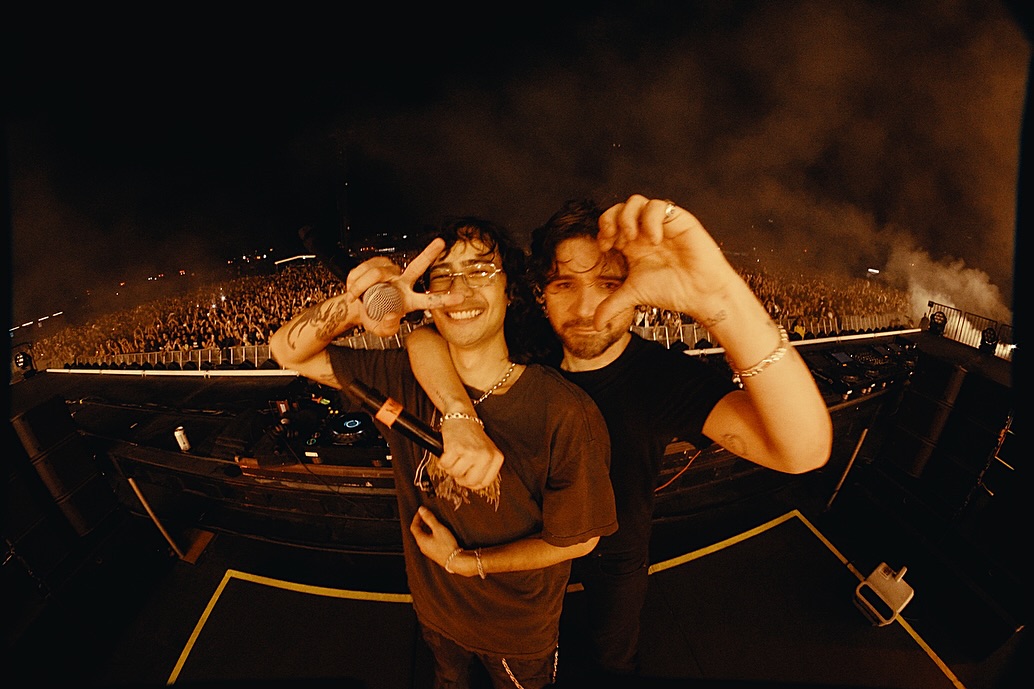WARNING: The following contains spoilers for Cells at Work! Season 2, Episode 7, "Cancer Cell II (Part I)," now streaming on Funimation.
Cancer Cell proves to be a much more formidable foe than U-1146, NK Cell and Memory T Cell could have anticipated in Episode 7 of Cells At Work!'s second season. But then again, they probably didn't think that one of their own would come to his aid. With the immune cells occupied with Cancer Cell and his new ally, AE3803 and Ordinary Cell find themselves in a tight corner. AE3803, meanwhile, has to find some way to protect her and the platelets from the toxic gas, and Ordinary Cell says a harsh farewell to the last lactic acid bacterium.
Regulatory T Cell Comes to Cancer Cell's Rescue
In the episode, Cancer Cell finds himself at the mercy of NK Cell who mocks him for using the same tricks from the last time they fought. But Cancer Cell isn't the least bit fazed. He raises a whole army of Cancer Cell duplicates -- fragments of his tissue that will be infinitely harder for them to kill. Memory T Cell launches an attack at Cancer Cell only to find his fist stopped by... Regulatory T Cell, Helper T Cell's secretary, and someone who is supposed to help the lymphocytes. Why is she helping the enemy?
Because Cancer Cell was born from within the body and technically is a cell, like the rest of them, Regulatory T Cell can't recognize that Cancer Cell is dangerous. Any attack on him translates to an attack on the body itself, which she can't allow. In this regard, Cancer Cell effectively turns the immune system's functions against it. Too shocked to move, Memory T Cell isn't able to defend himself in time against one of the Cancer Cell copies' attacks, but U-1146 throws himself in between them. Amused, Cancer Cell creates a pod around U-1146.
Cancer Cell's Ultimate Plan
With U-1146 trapped inside the pod, Memory T Cell and NK Cell have their work cut out for them against Cancer Cell and Regulatory T Cell. Cancer Cell remarks that U-1146 saved the lactic acid bacteria and he's quick to defend his choices before going into more philosophical territory, musing about the cycle of life and death. U-1146's response is that it's all for the sake of the body.
Essentially, Cancer Cell gives the cells their own version of the Trolley Problem, taking on a sympathetic tone, too: was it really worth it to sacrifice the trillions of cells for the sake of one body? In this speech, he reveals his true goal is to create a world wherein cells don't have to kill or be killed, even if that means the body will die. But U-1146 immediately shuts the notion down: if the body dies then none of the cells will live for very long either. But Cancer Cell doesn't care. Spurred on by his memories of being chased by the other immune cells, he gathers up the harmful bacteria toxins and turns into an angel of vengeance.
Ordinary Cell's Sacrifice
Cancer Cell isn't the only thing the cells have to contend with, though. From the first episode of Cells At Work!'s Season 2, AE3803 has been proving how far she's grown and matured. Episode 7 is no exception. While the platelets are scared, she continues to act as their rock, despite how bleak things become.
Meanwhile, Ordinary Cell is cornered by a horde of harmful bacteria. He tries to reassure the last lactic acid bacterium that he can protect it but once he gets hit with the toxic gas, he knows that he's powerless. If he wants to save Lactic Acid Bacterium, they can't be together, so he forces the bacterium to run away, leaving Ordinary Cell behind to get tortured.
Cells at Work! and its concurrently airing spinoff, CODE BLACK, have been playing off each other very effectively since both series began to air. This episode takes on a more CODE BLACK air with Ordinary Cell getting tortured, a 'betrayal' from Regulatory T Cell, and Cancer Cell spouting sentiments that near destructive nihilism. In fact, Cancer Cell's words echo the general bleakness of the spinoff: why are all of these cells sacrificing their lives for a body that will never know of their existence, or even seem to care? For U-1146 and Ordinary Cell, the answer is easy -- it's for the sake of the other, newer cells to continue living.


